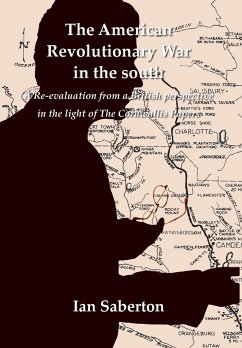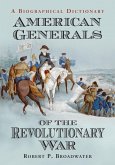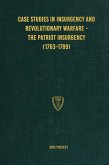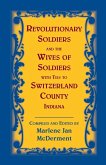Relying principally on Ian Saberton's edition of The Cornwallis Papers: The Campaigns of 1780 and 1781 in the Southern Theatre of the American Revolutionary War, 6 vols (Uckfield: The Naval & Military Press Ltd, 2010), this work opens with an essay containing a groundbreaking critique of British strategy during the momentous and decisive campaigns that terminated in Cornwallis's capitulation at Yorktown and the consolidation of American independence. The essay begins by analysing the critical mistakes that led the British to disaster and ends, conversely by describing how they might have achieved a lasting measure of success. The remaining essays address certain characters and events in or connected to the war.
Hinweis: Dieser Artikel kann nur an eine deutsche Lieferadresse ausgeliefert werden.
Hinweis: Dieser Artikel kann nur an eine deutsche Lieferadresse ausgeliefert werden.








